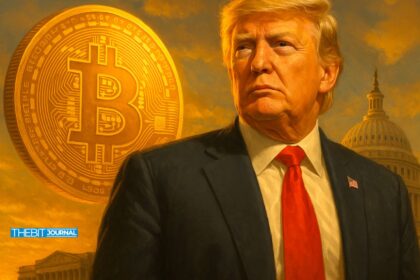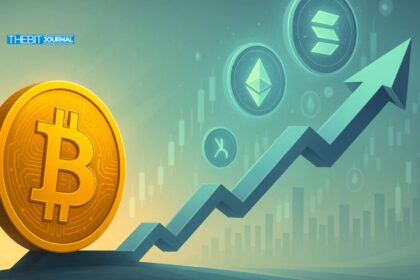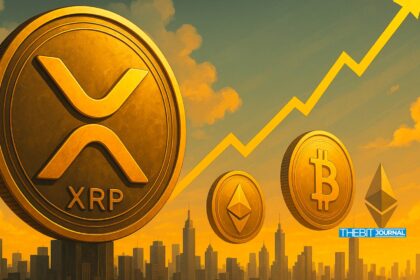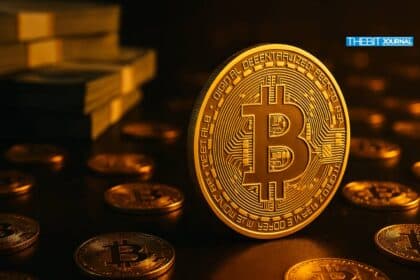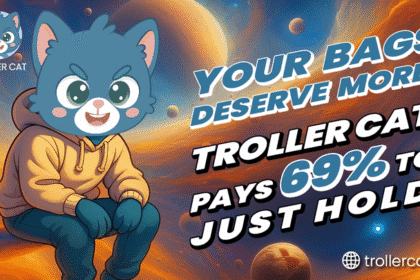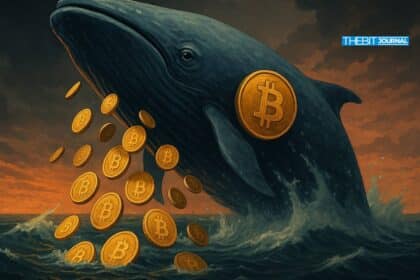Hot News
Crypto
Stay ahead in the fast-moving world of cryptocurrency with The Bit Journal. Get real-time updates on market trends, price movements, major announcements, and expert insights. From Bitcoin and Ethereum to altcoins and blockchain innovations, we provide in-depth coverage to keep you informed.
Explore the latest crypto news, analysis, and investment trends – all in one place.



